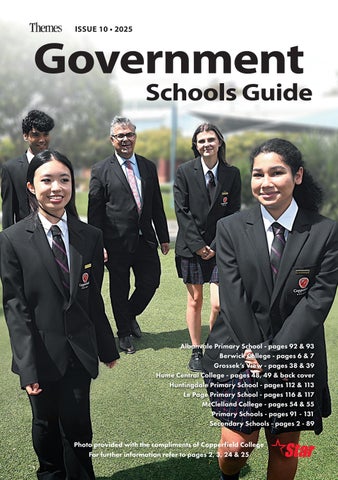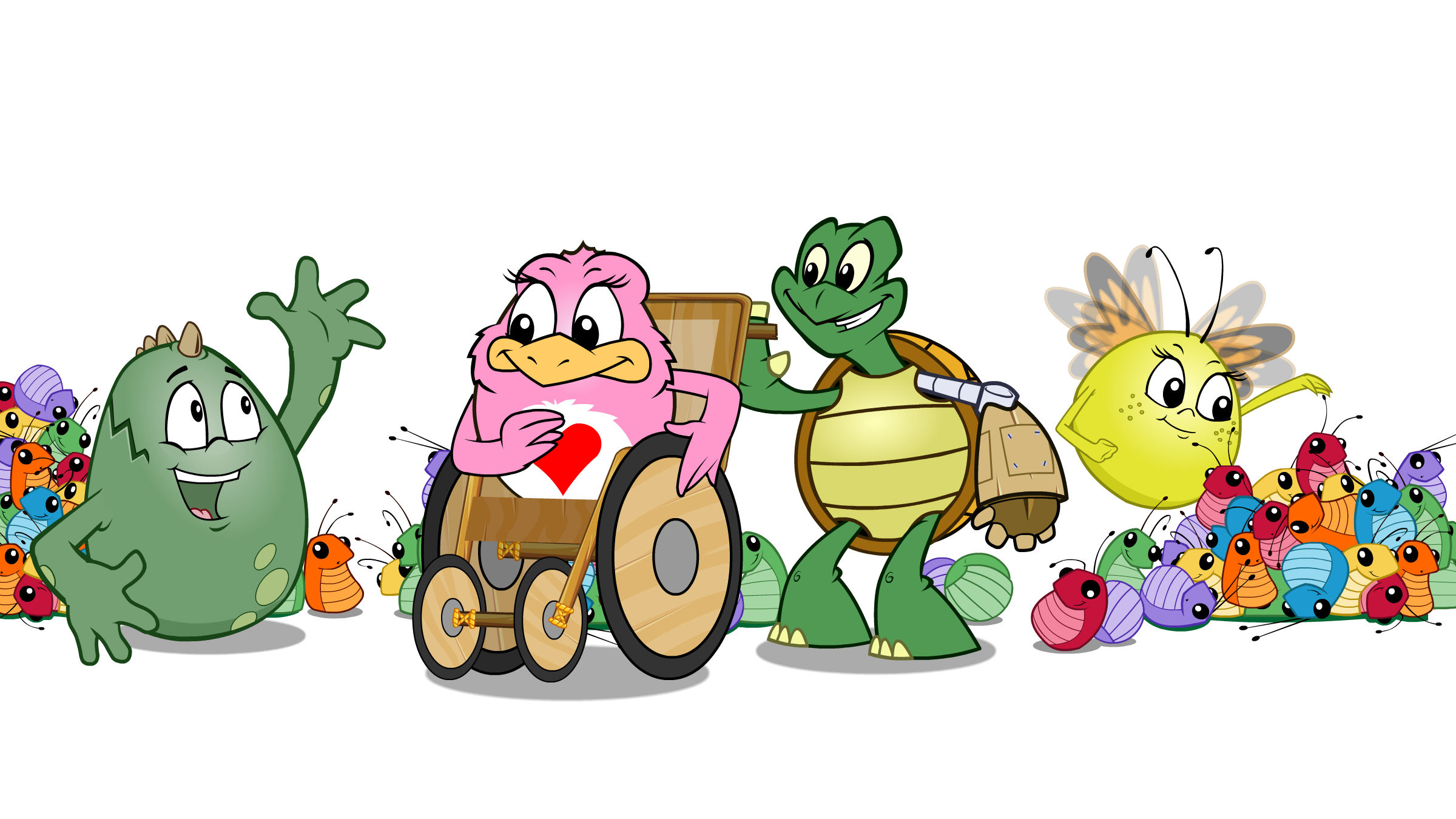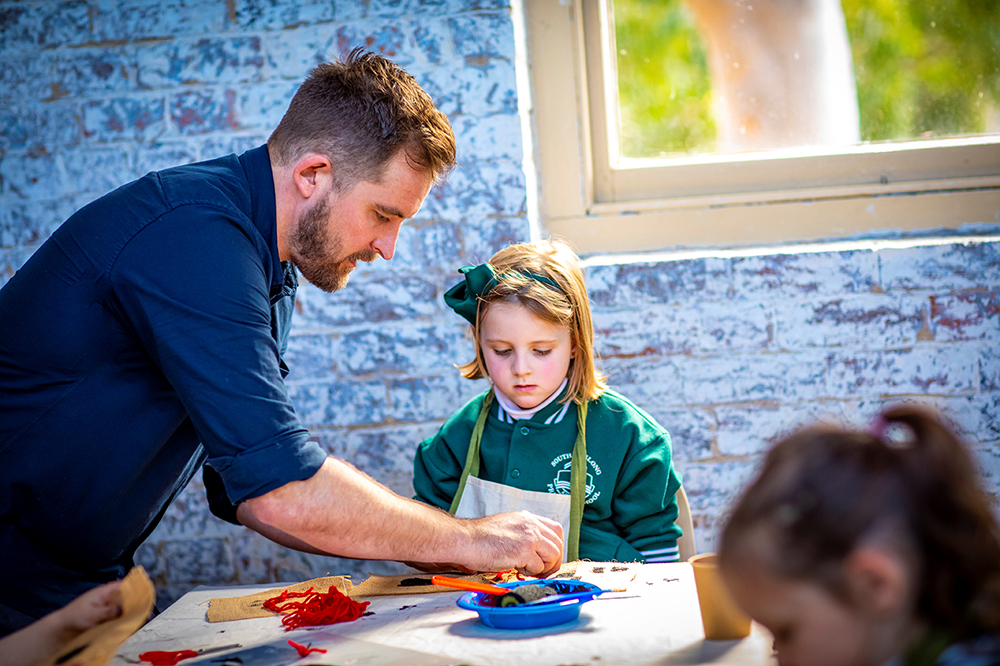A study of experienced school counsellors and well-being staff has granted us a rare insight into how well-equipped our schools are to help students who have experienced the kind of trauma that can lead to severe mental health problems.
Researchers from Monash University, headed by Dr Emily Berger, heard some worrying things when they interviewed these workers, with claims that schools are responding to traumatised kids “reactively” and that training is inadequate, repetitive, and lacks depth. Many feel isolated in their schools, dealing with the emotional payload alone.
The researchers say their findings require particular attention given the ruptures the COVID-19 pandemic is causing in the lives of students and their families, potentially increasing their risk of trauma and mental health issues.
“An overwhelming consensus emerged that training for all staff, across the whole school, must be promptly addressed”, says Dr Berger of her study, one of the first of its kind to engage with school mental health workers.
Undertraining when it comes to helping kids who are experiencing trauma – whether the trauma stems from domestic violence, bereavement, an accident, or a natural disaster – begins in the tertiary sector.
One participant in the study, said that trauma “very rarely comes up” in their university education. Another counsellor told of a young colleague who had recently graduated and started working at her school: “He didn’t realise how bad that school was…He said ‘I can’t believe the amount of stress I was carrying’. He has never come back.”
According to the researchers, those they interviewed were in “full agreement that tertiary education needed to be overhauled to better equip freshly graduated school mental health workers to deal with the demands of student trauma.” In the words of one study participant, what is needed is “more training, training, training”.
However, Dr Berger is quick to point out that quantity does not trump quality. “For training to really meet the needs of school mental health workers, the need to overhaul tertiary education is one thing, but there is also a need to embed training in the schools themselves, and get the whole school involved.”
Participants also called for different schools to communicate with each other more and to share experience of what works and what does not. The same could apply to consulting with other agencies that are in contact with traumatised students.
Even within the schools, communication and consultation can be difficult, as reflected in the desire to, in the words of one 54 year-old man, “have a common language” that would enable all staff in school to respond in a more united manner.
Dr Berger says there is a need to know more about what school mental health workers face. “This study was motivated by the fact that, currently, a quarter of children experience a traumatic event in their lifetimes. So, the role of school mental health staff is a vital one. But little research into their experiences has been done.”
“Previous research shows elevated rates of burnout and vicarious trauma among these workers, but we haven’t heard their voices when it comes to what kind of support and training they need to do their jobs to the best of their abilities.”
The study shows school mental health workers saying that training needs to be delivered across the whole school. A single person “can’t go to school preaching, but everyone needs to do it” as one worker put it.
“When you review all the research that has come out, you find that whole-school interventions and whole-school teacher training improves students’ engagement at school, reduces disruptive behaviours and school suspensions, and decreases posttraumatic stress and depression among students,” says Dr Berger.
“Here we have the people at the coalface identifying these solutions as well,” argues Dr Berger. The study was based on interviews with thirteen school-based mental health staff, with 247 years of experience between them.
If using this release for an online story, please link to the original research below. If using this release for a print story, please make mention of the journal:
Berger, Emily & Samuel, Sarah. (2020) “A qualitative analysis of the experiences, training, and support needs of school mental health workers regarding student trauma” Australian Psychologist.
For more information or an interview, please contact Dr Emily Berger, Faculty of Education, Monash University at emily.berger@monash.edu or on 0417 124 789









